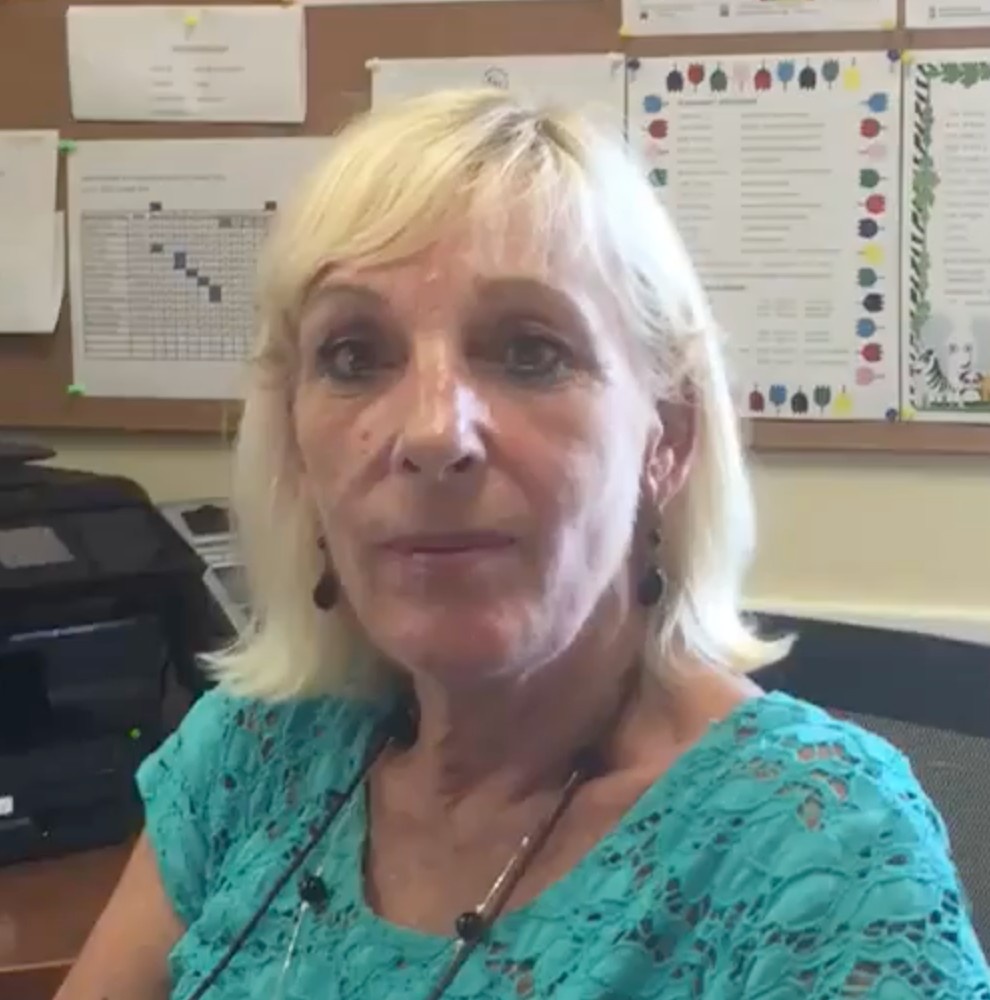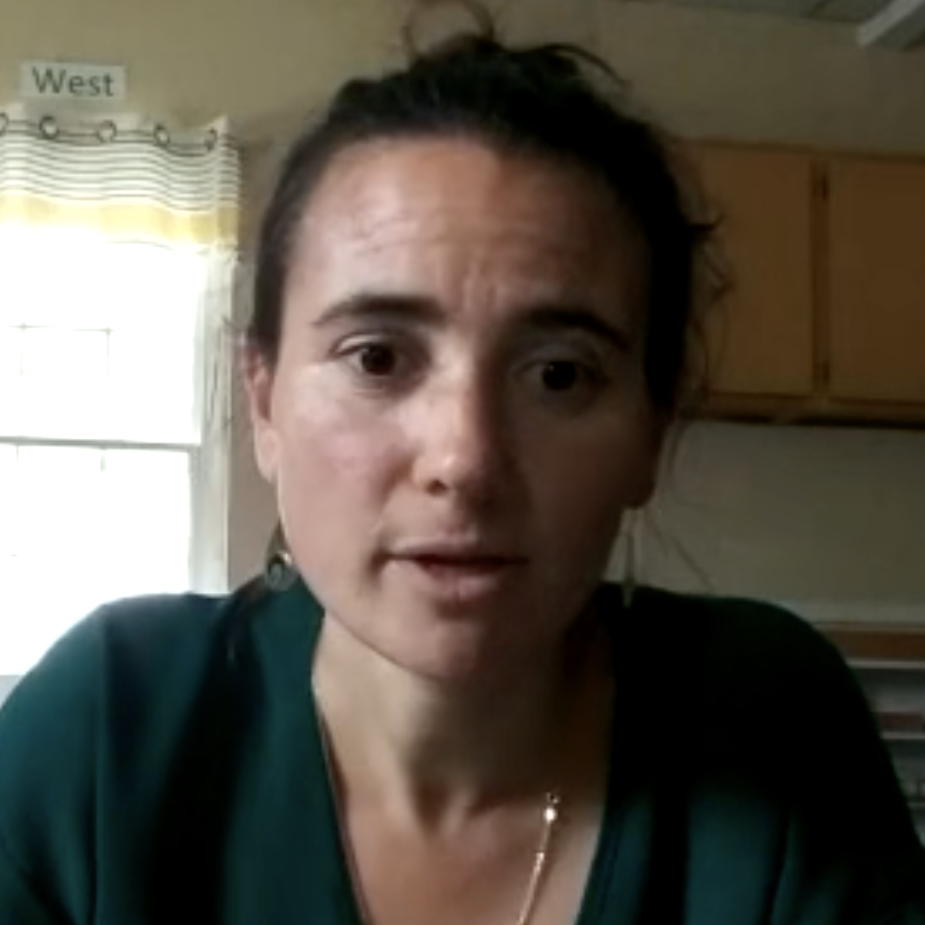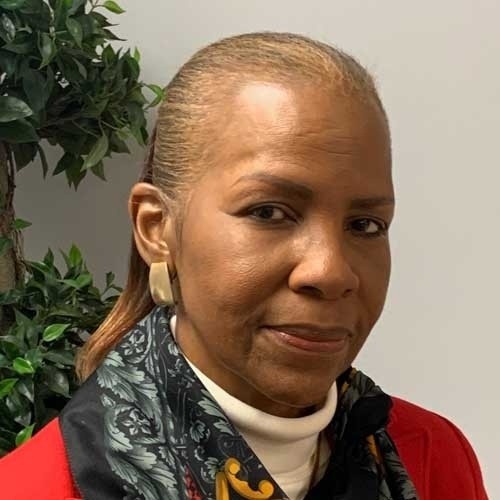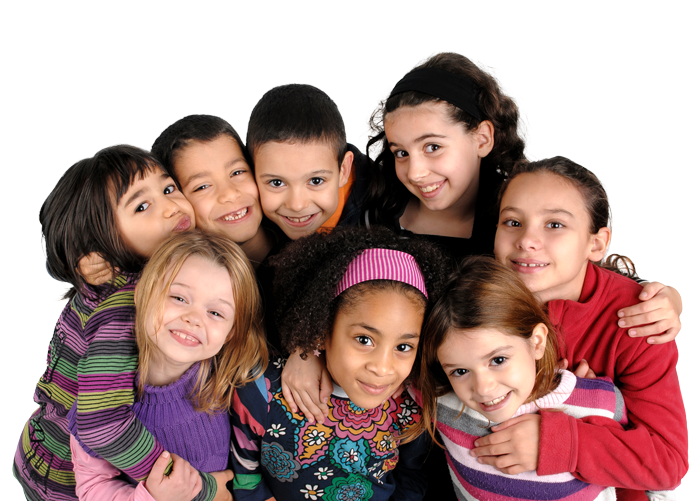The Children's Peace Initiative(CPI) Online Platform is available to Public and Private Schools, Day Care Centers, and Home Schools. It satisfies the 5 Core SEL Competencies by offering a full curriculum of Lesson Plans, teaching tools, and resources for Pre-K through Fifth Grade. In addition, we provide educator development & support, an online community, and more!
Following detailed SEL standards that have been mindfully crafted by experienced educators, the CPI Program is flexible, catering to the individual needs of schools and learning centers.
Educators are free to follow the CPI Scope and Sequence or make use of the Lesson Plan Library, reinforcement activities, curated music, books & videos, and original songs to customize their own curriculum.
What Does the Research Say?
There is a growing body of evidence that suggests social and emotional learning can positively impact students, adults, and school communities. Researchers believe that SEL has the potential to improve social and emotional skills, attitudes, and behaviors related to academic performance, conduct problems, emotional distress, and civic engagement.
CASEL and its partners have surveyed teachers, principals, parents, and students to gauge support for SEL programs. The results show strong agreement among these groups that SEL is an essential part of education.

What Are the Benefits of SEL?
Improved Academic Outcomes And Behaviors
S.E.L. programs show numerous benefits for students, including improved academic performance, better behavior in school, and increased ability to manage stress and depression. A meta-analysis of over 213 studies involving more than 270,000 students found that SEL interventions that address the five core competencies can increase students’ academic performance by 11 percentile points. Additional meta-analyses have echoed these findings, supporting that well-implemented SEL programs can benefit.
Read the 2011 meta-analysis. (Durlak et al., 2011)
Wise Financial Investment
As school leaders consider various programming options, they must weigh the costs and benefits of each option. A cost-benefit analysis can be a helpful tool in this decision-making process. A recent report found that, on average, investing in six evidence-based SEL programs yields a return of 11 to 1. In other words, for every dollar invested in these programs, there is an $11 return. This research underscores the value of SEL programs and their potential to positively impact students, schools, and society.
Read the 2015 review from Columbia University.
Enriched Lifetime Outcomes
The benefits of social and emotional skills development are evident. Not only do these skills help individuals in the long term, but they also have a significant impact on critical outcomes for young adults. Early on, those who develop these skills tend to avoid public assistance, public housing, police involvement, and detention later in life. This benefits the individual and society as a whole by saving on costs.
Read the 2015 national study published in the American Journal of Public Health.

Program Features

Scope & Sequences
Comprehensive recommended scope and sequences

Lesson Plans
Ready-to-implement biannual comprehensive lesson plans

Downloads
Corresponding lesson plans, handouts, and visuals

Supplemental Activities
Recommended lesson plan activities and media

Music
Original and curated music and sing-along songs

Books
Library of children's books to complement lesson plans

Multimedia
Original and curated video/multimedia library

Teacher Talk
Members-Only Online Educator Community

Online Courses
Professional development
for educators
Listen to What People Are Saying

“The CPI program is a positive addition to our curriculum, and we have seen the benefits it brings to the future of the children.”
Beverley Weatherill | EDUCATOR

“The CPI program has a beautiful balance. It was able to bring the best out of my children and make it alive in their daily interactions.”
Fernanda Mucchiut | TEACHER

“School systems implementing the CPI program could potentially shift much of the negativity in the social climate of schools and communities.”
Dr. T. Oya Townsley | EDUCATOR



